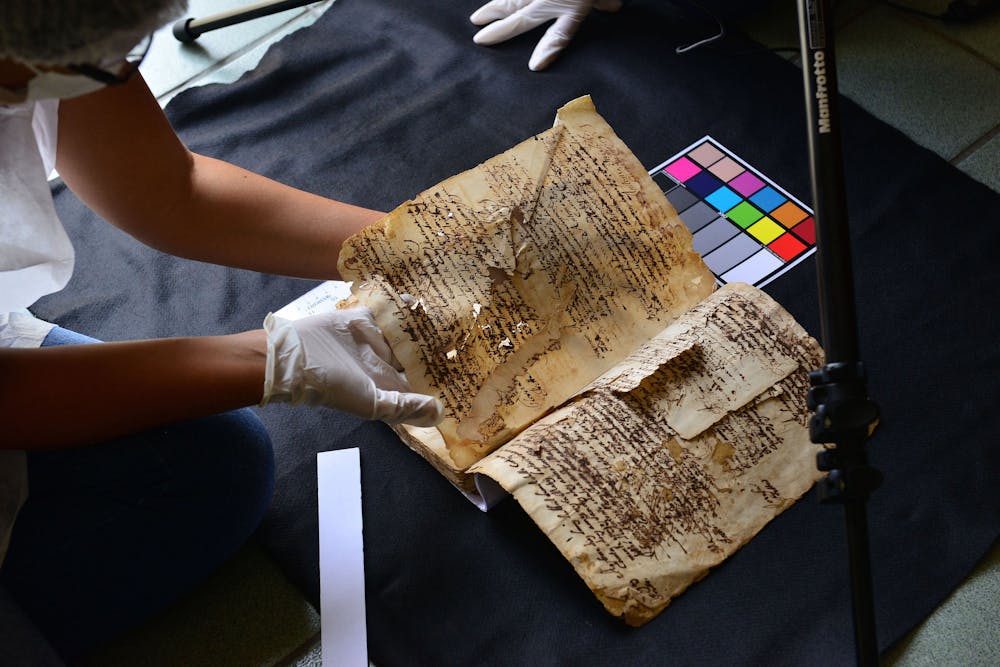This interracial couple got engaged in Obama’s America. Then Trump took office.Posted in Articles, Family/Parenting, Media Archive, Politics/Public Policy, United States on 2020-10-20 20:55Z by Steven |
This interracial couple got engaged in Obama’s America. Then Trump took office.
The Washington Post
2020-10-20
Sydney Trent, Local enterprise reporter
 David and Jessica Figari with daughter Liliana at their home outside of Tampa. (Eve Edelheit for The Washington Post) |
David and Jessica Figari are navigating racial and political divides in their country — and in their family — that they never anticipated when they fell in love
On the already muggy morning of Aug. 28, 2013, David Figari and Jessica Jones held hands in the billowing crowd near the steps of the Georgetown University Law Center. The young lovers had traveled from Florida to meet each other’s relatives and attend the 50th anniversary of the March on Washington.
The reminiscences from 1963 march veterans had ended and the trek to the Lincoln Memorial was about to begin when David saw an organizer standing near a microphone at the top of the stairs. He walked up to the man with the mic and introduced himself.
“Hey, I’d like to say something. Can I do it?” David said.
The man gave him the once-over and immediately said “No.”
“No, no, you don’t understand. I’d like to propose to my girlfriend.”
“No,” the man said again.
“I said, ‘No, you don’t understand,’” David said. “‘That’s my girlfriend.’”
He pointed to Jessica. Something clicked — this couple, this moment — and the man gasped.
“Everyone, everyone, really quick!” he announced. “David actually has something to say.”…
Read the entire article here.






